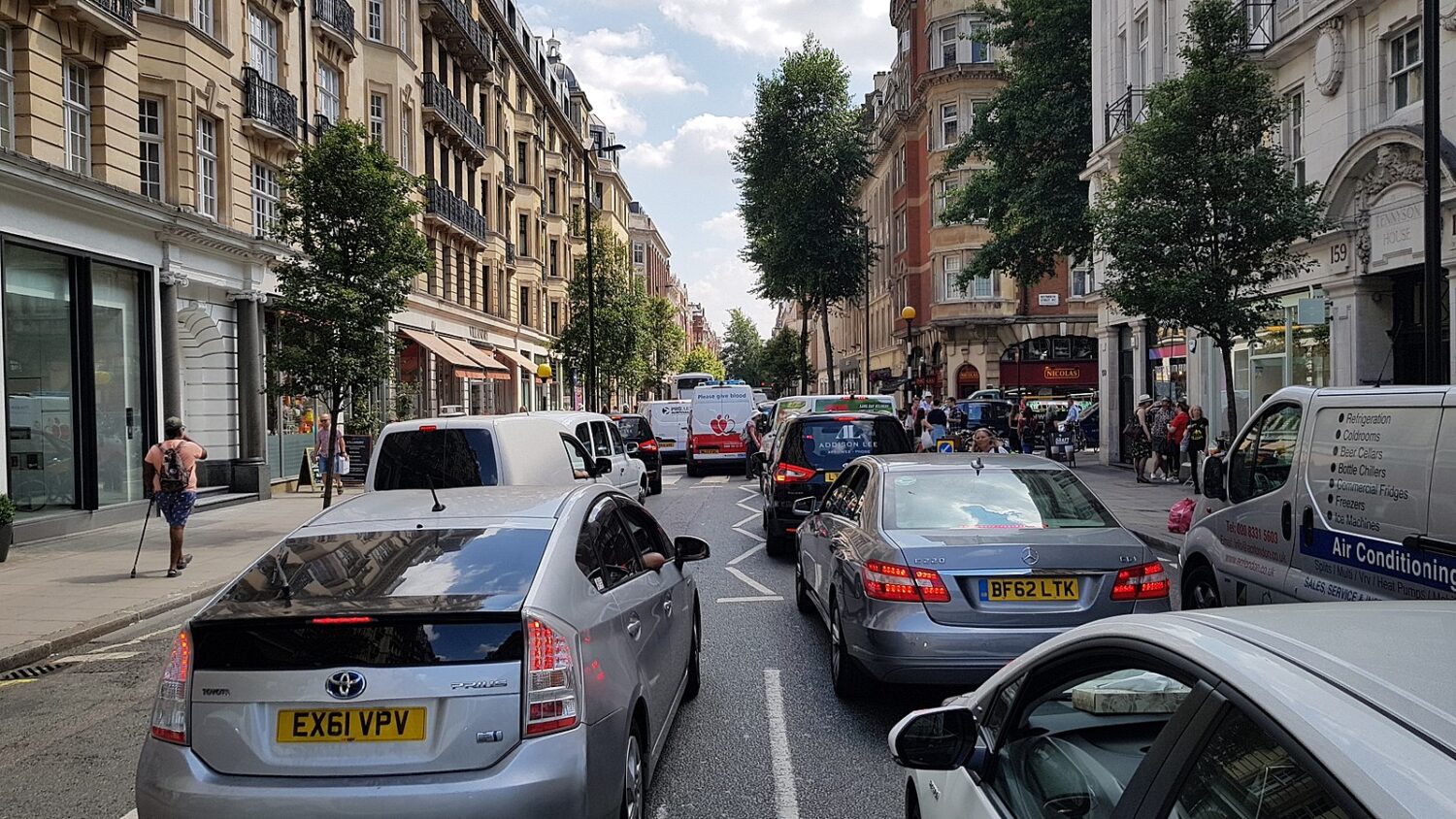Life changing
The climate crisis cannot be addressed without significant lifestyle changes. Ignoring this fact only deters people from embracing action, writes Patrick Cook
When discussing climate change, we are often reminded that “100 companies are responsible for 71 per cent of emissions”. The implication is clear: whatever lifestyle changes we might make will pale into insignificance compared to the impact of large corporations.
This statistic is not, strictly speaking, false. But those 100 companies do not exist in a vacuum; they produce the steel in our cars, the concrete in our towns and cities, and the fossil fuels that are used to transport and produce almost everything we use in our day to day lives. Our immersion in the destructive global system is difficult to overstate. The truth is that any effective effort to tackle the climate crisis will inevitably change the way we live our lives, and any failure to adapt will result in our lives being turned upside down by the consequences of inaction. We can change now, or we can be forced to change later on. The idea of a middle ground – that we can continue living this way, whilst also sheltering ourselves from the impacts of climate change – is what I call the fallacy of the orderly transition.
Acknowledging our role in the climate crisis has a silver lining: it empowers us. Because we are part of the problem, we know that we can be part of the solution. Large companies and governments must certainly take responsibility for providing the resources and expertise we need to address climate change. But we have a part to play, too – not least providing the impetus for companies and governments to change.
Ordinary people are not powerless spectators; pretending otherwise may make green politics more palatable in the short term, but as climate change gets worse, will only breed despair. And solutions drawn up and implemented behind closed doors, without our participation, are much less likely to win widespread support.
We can still out-change the climate
When we live in a world where almost all options presented to us are environmentally damaging, the question is: are we ready to accept the changes that will protect us from the very worst of climate change? Research shows there is strong willingness to make concessions to our way of life to improve the environment, across all generations. A 2021 study of 2,000 British adults found that 65-70 per cent of people are willing to make ‘significant’ changes to their own lifestyle to reduce the effects of climate change. The same study also highlighted that younger people feel more hopeless about their ability to have an impact. This is worrying. We need a story that tells people that their actions are genuinely meaningful, whilst still holding big polluters to account. Our apathy towards climate change gives those same big polluters a green light to continue their destruction, and this will not change for as long as we feel separated from the issue.
There is cause for optimism: human beings are extremely adaptable. Covid-19 changed our way of life almost overnight, and recent changes in technology have profoundly changed the way we live (and will do so again in the coming years). Ironically, anthropologists believe that early humans honed their adaptability as they migrated through different climates. We now have a new climate reality to adapt to, and quickly. We should remember how society has transformed throughout history and be imaginative about how it can transform again.
We don’t need £1 pineapples
Past experience suggests the government has an important role to play. In 2015, the UK government introduced a 5p charge for plastic bags in supermarkets. Since then, usage at the largest retailers has fallen by more than 98 per cent, and the average person now buys just two plastic bags per year from these retailers, compared to 140 before the charge.
Simply explaining that these bags can be harmful would not have achieved the same result: it required government regulation of business to be successful. We have, however, adopted the change without much pain. Similarly, the requirement to wear a seatbelt and the ban on smoking indoors were also significant regulations when they were introduced, initially opposed but ultimately painless and popular when the rationale was communicated clearly. If people need to change their shopping or travel habits as a result of climate action, or the most destructive options become outright unavailable, it will feel unnatural at first; but it will soon become the norm. We should not be afraid of kickstarting changes like this, and we have a responsibility to demand these changes from governments and businesses.
This framing is not about blaming individuals for emissions; it’s about including them in the process we are going through. People are often yearning to make changes and do not realise how much impact they can have. It’s a theme that often comes up when speaking with my friends: “I am really worried about the climate, but there is nothing I can do”. It’s not true and it’s not helpful. People can have a positive impact through engaging in politics and advocacy as well as simply being open to lifestyle changes. The climate movement is right to focus its anger at the greatest perpetrators, but it needs to bring everybody else along, too. Nobody will sign up if we tell them their efforts are futile, or that everything meaningful will happen in the background. ‘Climate doomism’ is one of the biggest challenges we face, and the fallacy of the orderly transition might be its root cause.
There is an I in climate
Assuming that our lives will not be disrupted by the transition to a sustainable economy, and that we cannot have an impact as individuals, are two connected myths. One is wrong and the other is unhelpful. We need to create a more realistic story about the climate crisis that dispels the fallacy of the orderly transition and encourages people to get involved and demand changes proactively. Over and over again, we have changed our way of life, and my generation will need to do it again one way or another. Let’s do it on our own terms.

